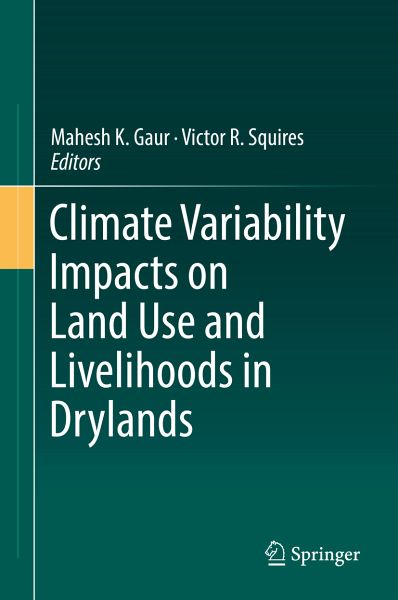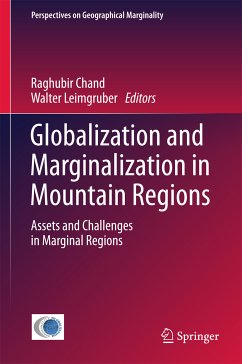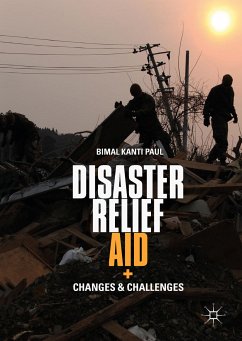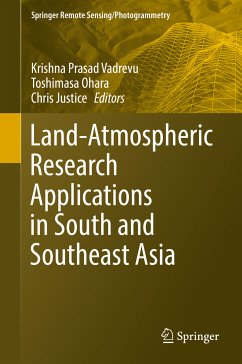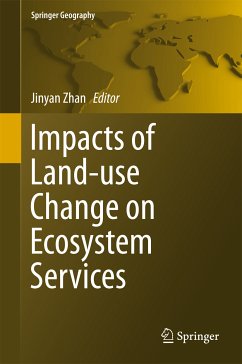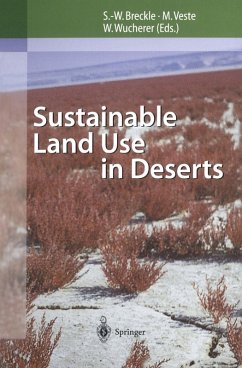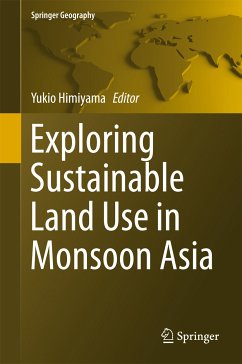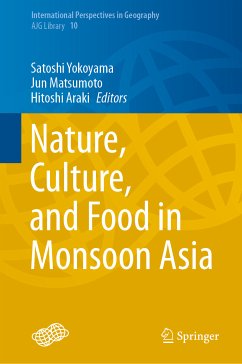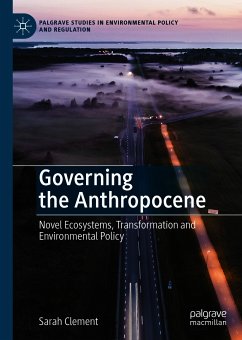Dr. Mahesh Gaur is a Senior Scientist at the ICAR-Central Arid Zone Research Institute, Jodhpur, India. He specializes in aridlands geography and the application of satellite remote sensing, GIS and digital image processing for natural resources mapping, management and assessment. He also researches drought, desertification, land degradation, indigenous knowledge systems, and the socio-economic milieu of the Thar Desert of India. He has worked as an Associate Professor for more than 13 years with the Department of Higher Education, Government of Rajasthan State, India and has also worked at Sandhan, Jaipur, IIM Ahmedabad, IHS Hyderabad and IN-RIMT in various capacities. He has been associated with ICAR, ISRO, SAC, UGC, various Ministries of Government of India, and ICARDA for sponsored studies. He has published two books and is the author of a number of research papers and book chapters that have appeared in national and international research journals. He is a member of a number ofnational and international scientific organizations and editorial boards of journals. He has been awarded the Indian Government Citizen Karamveer Award 2011 by iCONGO for working in the field of Higher Education, Environment and Technology Applications for Community Upliftment, and the Millennium Award for working in the field of Environment. Dr. Victor Squires is a world renowned expert in rangeland ecology. He obtained his PhD in Rangeland Science from Utah State University, USA. He is the former Dean of the Faculty of Natural Resource Management at the University of Adelaide, where he worked for 15 years. He also worked at CSIRO, Australia's leading research organization, for 22 years.He is the author/editor of 11 books including 'Livestock Management in the Arid Zone', 'Range and Animal Sciences and Resources Management', 'Rangeland Stewardship in Central Asia: Balancing Improved Livelihoods', 'Biodiversity Conservation and Land Protection', and Rangeland Ecology,Management and Conservation Benefits', and has written numerous research papers on aspects of range/livestock relations. Since his retirement from the University of Adelaide, Dr. Squires has worked as a Visiting Fellow in the East West Center, Hawaii, and is currently an Adjunct Professor in the University of Arizona, Tucson USA and at the Gansu Agricultural University, Lanzhou, China. He has been a consultant to World Bank, Asian Development and various UN agencies in Africa, China, Central Asia and the Middle East. He was awarded the 2008 International Award and Gold Medal for International Science and Technology Cooperation by the Government of China and in 2011 was awarded the Friendship Award by the government of China. The Gold Medal is the highest award for foreigners. In 2015, Dr. Squires was honored by the Society for Range Management (USA) with an Outstanding Achievement Award.
